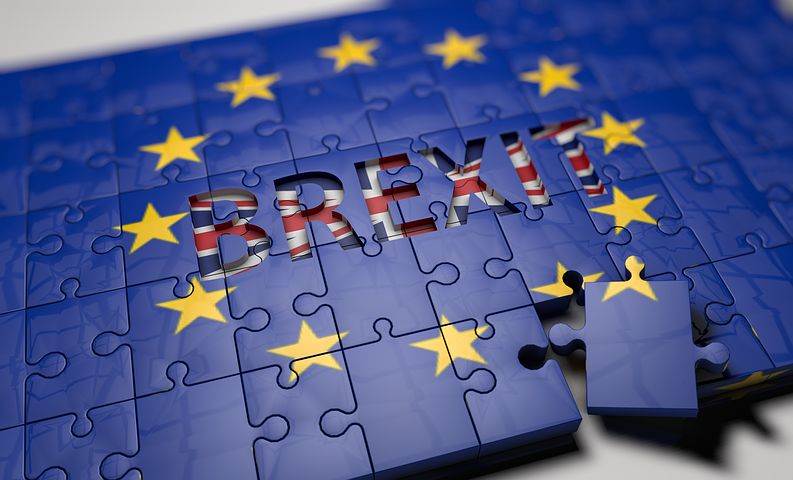 As the Brexit due date approaches, The Irish Taoiseach Leo Varadkar expressed his government openness to another extension to Article 50. However, he said that it's not likely the UK will ask for it.
As the Brexit due date approaches, The Irish Taoiseach Leo Varadkar expressed his government openness to another extension to Article 50. However, he said that it's not likely the UK will ask for it.
"I think we're a good bit away from a request for an extension from the UK," he said, "There are a lot of other European countries that are skeptical about whether there should be an extension or not and would want it to happen for a good reason," he added.
Varadkar is currently at New York in the United Nations General Assembly meeting, where he met his British counterpart and pledged to meet again with him on the next European Union Summit. The taoiseach said that his meeting with Johnson on Tuesday was "good," and when referencing the British political process, he said that the best thing was not to intervene on it.
"We've seen many twists and turns when it comes to British internal politics over the last couple of years", said Varadkar, "The best thing for us I think is to stay out of it and allow internal politics in Britain to operate on its own without any interference or commentary from us," he added.
As the Prime Minister of Ireland, Varadkar's consent regarding any potential deal regarding the Irish backstop is essential. The British government is currently trying to provide an acceptable alternative to the Irish backstop deal but has not been successful doing so, as Brussels has not accepted any of their alternative arrangements.
Now, without a deal that would be acceptable for the British parliament and Brussels, the United Kingdom is set to leave the union without a deal on October 31, unless the UK asks for an extension and the EU leadership decides to grant it.
European Central bank doesn't foresee a recovery in the near future
Meanwhile, mostly due to the global trade tensions and the Brexit uncertainty, the Eurozone figures show a slowing down economy.
The composite PMI for the Eurozone went down to 50.4 this month, from august's 51.9, the slowest pace since 2013. Attention must be paid to German data, the biggest economy in the Eurozone, as its composite PMI stood at 49.1 in September, falling from august's 51.7.
In order to face this dire economic situation, the European Central Bank president Mario Draghi said that the Eurozone countries should look into alternative approaches, like the Modern Monetary Theory.
“These are objectively pretty new ideas,” he said. “They have not been discussed by the Governing Council. We should look at them, but they have not been tested.”
Draghi also said that he doesn't see an economic rebound in the Eurozone's near future.
“Recent data and forward-looking indicators – such as new export orders in manufacturing – do not show convincing signs of a rebound in growth in the near future and the balance of risks to the growth outlook remains tilted to the downside,” he said on Monday.
At 11:24 GMT the GBP/USD pair was down by 0.04 percent, at 1.2344. The GBP/JPY increased by 0.15 percent, at 132.87. The EUR/USD was at 1.0930, losing 0.10 percent while the EUR/JPY followed the trend, going down by 0.17 percent at 117.70.
